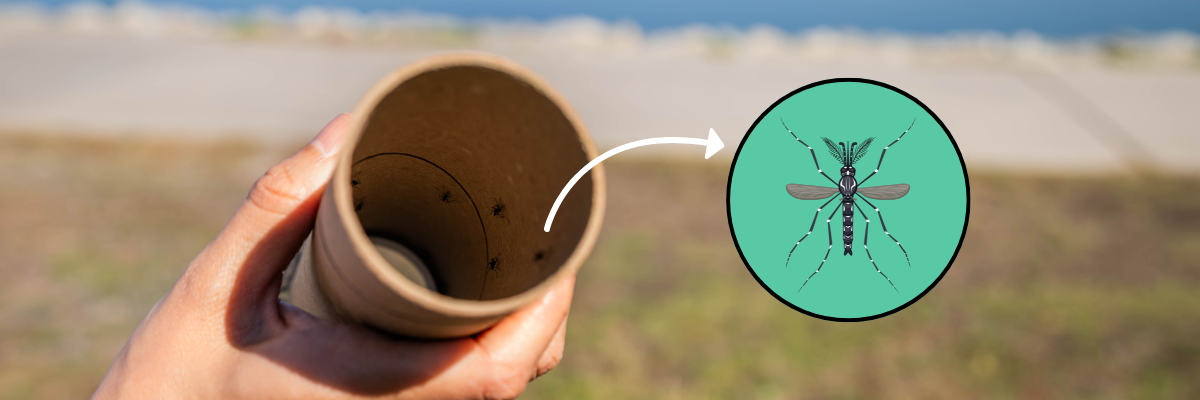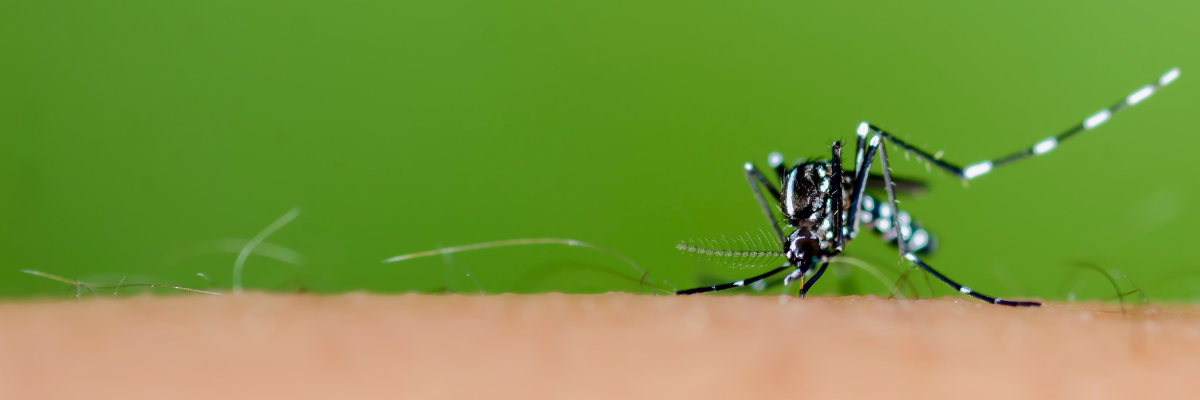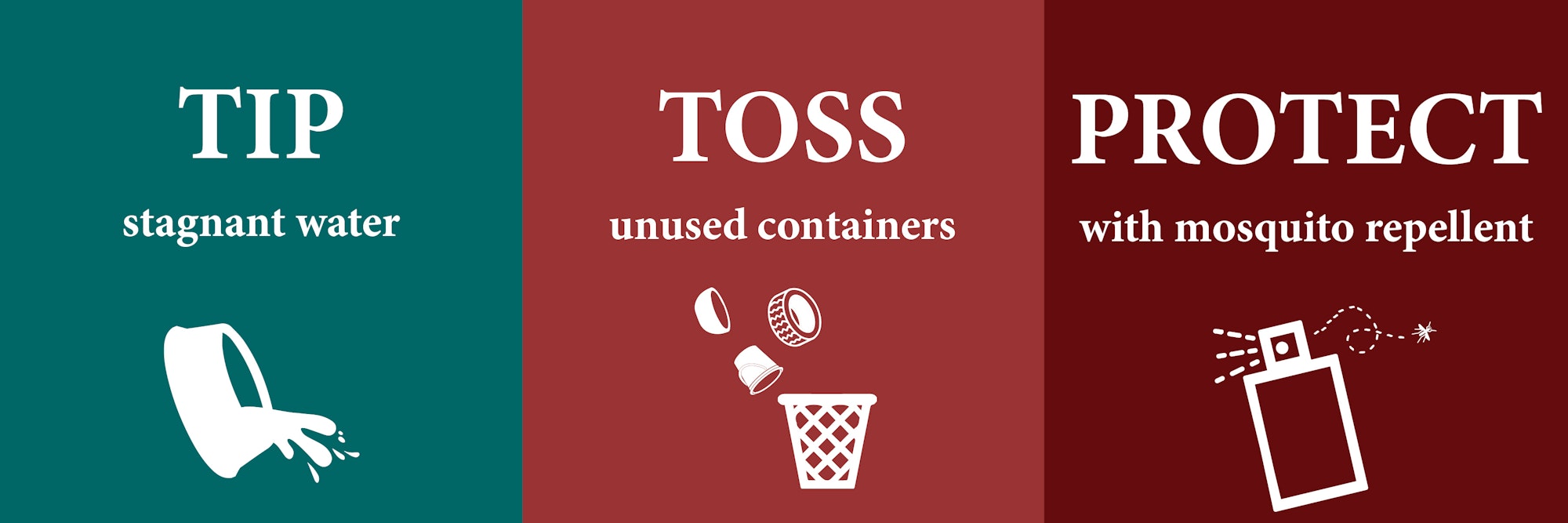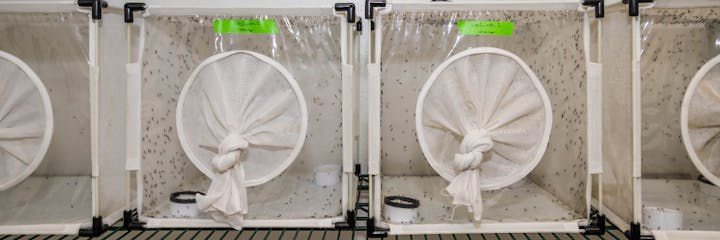SGV Mosquito Match

HAGA CLIC AQUÍ PARA INFORMACIÓN EN ESPAÑOL
The SGV Mosquito Match program is a new way the San Gabriel Valley Mosquito & Vector Control District is exploring to reduce the number of invasive Aedes mosquitoes. These mosquitoes can spread diseases like dengue, Zika, and yellow fever.
This method is called the Sterile Insect Technique (S.I.T.). It works by releasing male mosquitoes that have been sterilized or made incompatible and cannot produce offspring. Male mosquitoes do not bite and do not carry diseases. When they mate with female mosquitoes in the area, the eggs will not hatch. This may help reduce the mosquito population over time and lower the risk of disease.
This method is also a sustainable approach and can help us use fewer pesticides.
First Community Launch: Bassett, CA -- Summer 2026

The first launch of the SGV Mosquito Match program will take place in Bassett, an unincorporated community in Los Angeles County. Bassett was chosen because mosquito data showed high numbers of Aedes mosquitoes and disease activity in past years.
In Summer 2026, our team will begin releasing male mosquitoes in Bassett. Releases will happen twice a week for 16 weeks. These releases are part of the District’s plan to fight mosquitoes using safe, targeted tools that protect public health.
You may see more mosquitoes flying around after releases but remember — they are male mosquitoes. They do not bite or spread disease.
How It Works: The Wolbachia Technique
This technique uses a type of bacteria called Wolbachia (wo-BAHK-ee-uh). Wolbachia is naturally found in more than 60% of insects — including butterflies, dragonflies, and moths.
How male mosquitoes with Wolbachia are grown:
- Male Aedes aegypti mosquitoes are raised in a lab by a company called MosquitoMate.
- These males carry strain of Wolbachia not compatible with wild Aedes aegypti mosquitoes and are called WB1 Male mosquitoes.
- When they are released, they mate with wild female mosquitoes.
- The eggs that result from these pairings do not hatch.
This method is species-specific, meaning it only affects Aedes aegypti mosquitoes. It does not change the genes of the mosquitoes, and it does not harm pets, people, or other insects like bees or butterflies.
What Residents Can Expect
As the SGV Mosquito Match program begins in the Bassett neighborhood, residents might notice some changes:
You may see more mosquitoes — but they won’t bite.
After each release, residents might notice more mosquitoes in the air. These are male mosquitoes only. Male mosquitoes do not bite or spread diseases.

You’ll see more of our team in the neighborhood.
District staff will be active in the area. You might see us:
- Placing and checking traps
- Talking to residents
- Monitoring mosquito and disease activity
Our staff are only in the community for mosquito work. We are not connected or report to city, immigration, or law enforcement agencies.

Fewer mosquitoes — and fewer bites — over time.
Female mosquitoes only mate once in their life. Since the eggs won’t hatch after mating with sterile males, the population of mosquitoes — especially biting female mosquitoes — will go down.

You still need to protect yourself.
This program adds to our current mosquito control tools. You should still:

- Tip out standing water
- Toss unused containers
- Protect yourself with mosquito repellent
Look for repellents with one of these active ingredients: DEET, IR3535, Oil of Lemon Eucalyptus, or Picaridin.

Find the best repellent for you! Visit the ABOUT REPELLENTS page.
Next Steps
At this time, the Bassett community release is the only location planned for this program.
We do not have any other San Gabriel Valley neighborhoods planned for SGV Mosquito Match at this time. We are using this first launch to:
- Practice our internal process to do releases
- Find out the cost for maintaining and expanding this program
- Learn how well it works with other mosquito control work
If you want to see the SGV Mosquito Match program in your neighborhood, or if you want updates about how the program is going, you can sign up using our online form.
Your interest can help us plan how we expand this program in the future.

